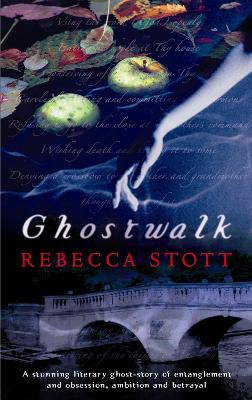Reviewed by empressbrooke on
In Ghostwalk, Lydia Brooke is asked by her ex-lover to ghostwrite the final chapters of an Isaac Newton biography that his late mother was writing. As she completes the work, Lydia finds the seventeenth century creeping into the present as mysterious deaths mirror the deaths of Newton's contemporaries.
It's not exactly a murder mystery; Ghostwalk focuses more on Lydia's own entanglements with her ex-lover and his dead mother than it does on the victims. The narration is lyrical; the entire novel is Lydia speaking to her ex-lover, referring to him in the second person. The result is dark, moody, and dreamy. There are also chunks of the Newton biography included, providing interesting details about the scientist's life.
Many other reviews mark it down for requiring a suspension of disbelief, but they seem to miss the point that this is a ghost story (did they not read the title?). I really enjoyed how subtly the two eras collide, and things were just creepy enough without being sensational. Ghostwalk is one of those impressive debut novels that makes one look forward to the author's next book.
Reading updates
- Started reading
- 1 August, 2007: Finished reading
- 1 August, 2007: Reviewed
